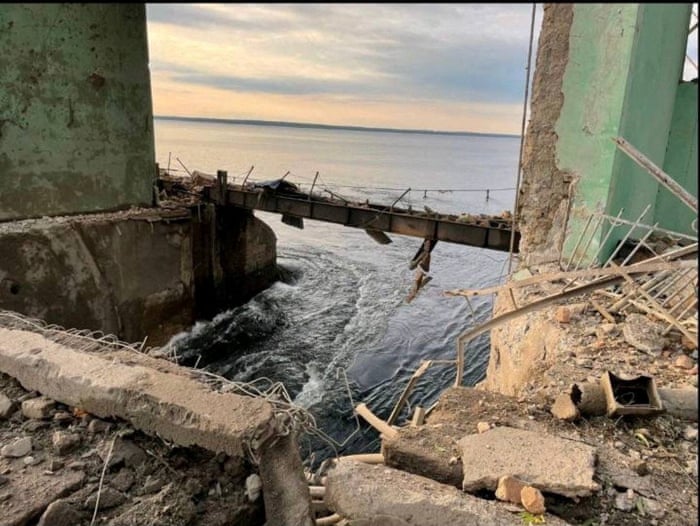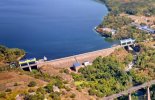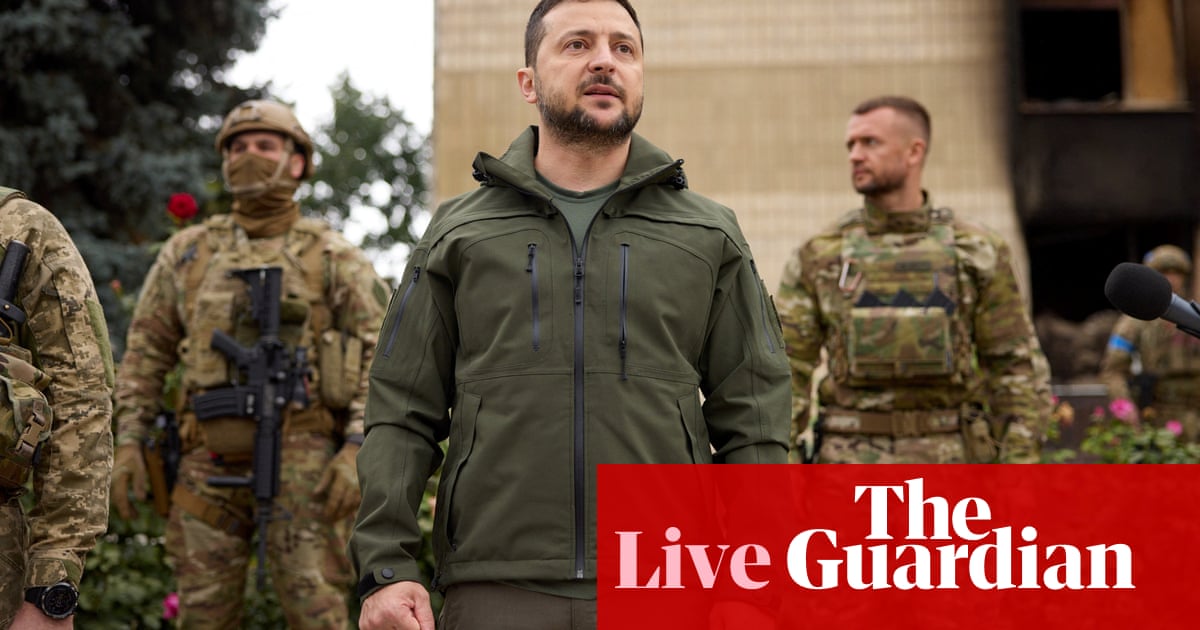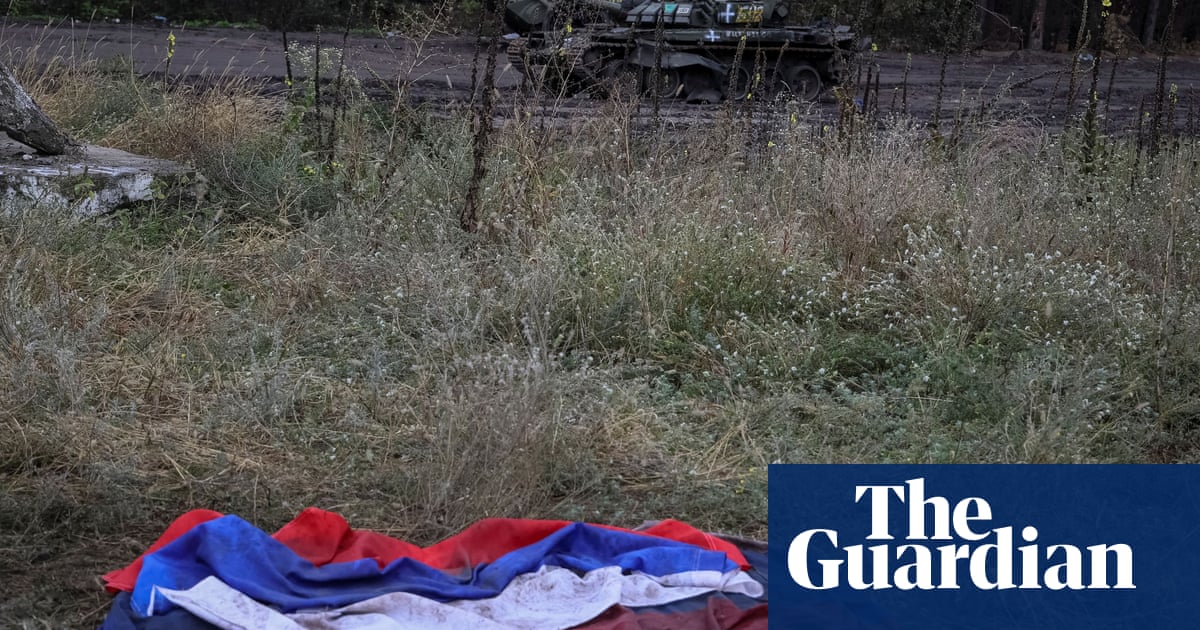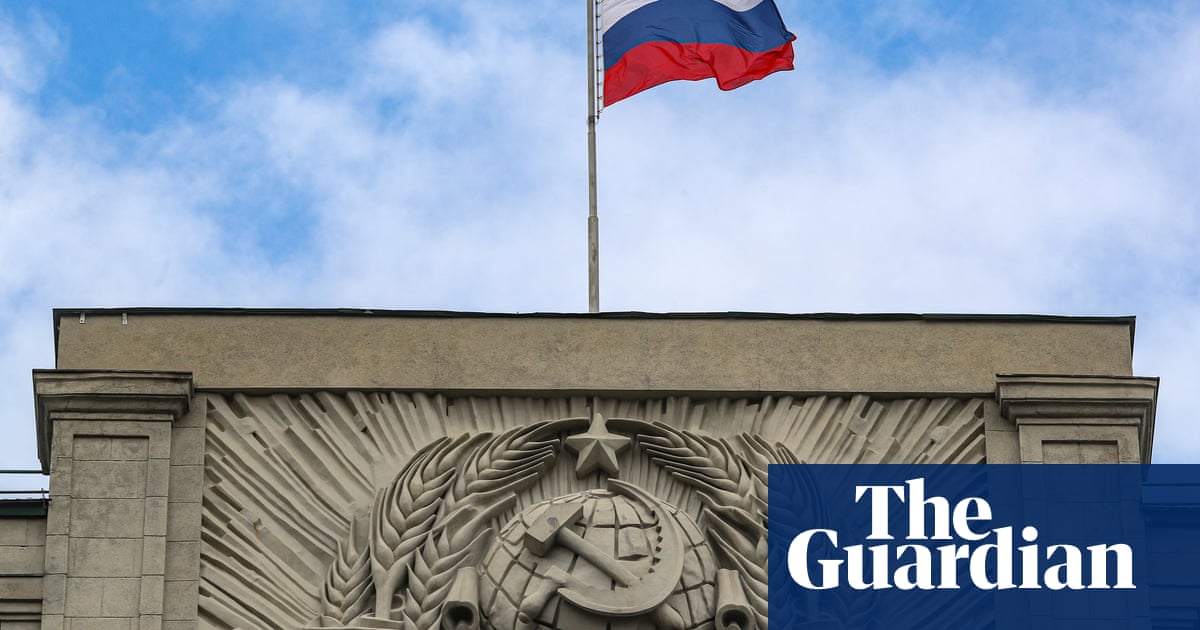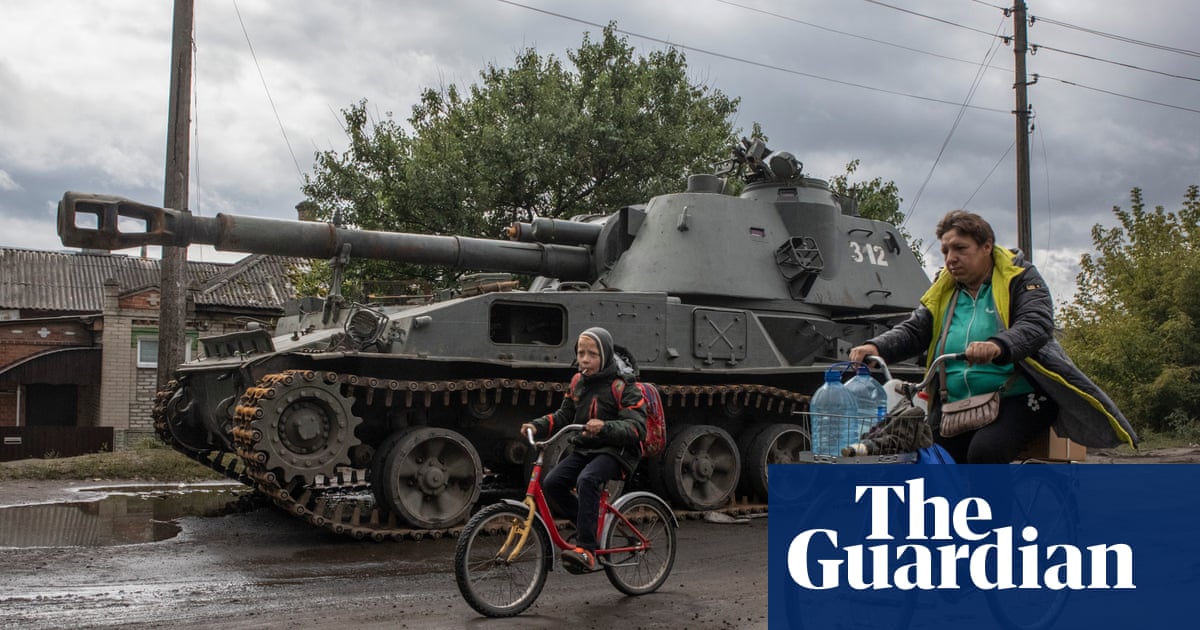Harkovalaiset riemuitsivat venäläissotilaiden lähdöstä, mutta samalla huoli sukulaisten ja ystävien tilanteesta painaa mieltä, kertoo Harkovaan keskiviikkoiltapäivänä saapunut Ylen toimittaja Antti Kuronen.
Ukrainalaisviranomaiset ovat jo päässeet tutkimaan miehitettyinä olleiden alueiden tilannetta.
– Sieltä on löytynyt hautoja ja erilaisia vankityrmiä, joissa ihmisiä on kidutettu ja pidetty vangittuina. Lähipäivinä tai -viikkoina selviää, kuinka paha tilanne siellä on ollut, Kuronen sanoo.
Yle Harkovassa: Ihmisiä on pidätetty, kidutettu ja tapettu
Ylen toimittaja Antti Kuronen kertoo, että venäläisten vetäytymisestä huolimatta Harkovan alueen humanitaarinen tilanne on vaikea.


